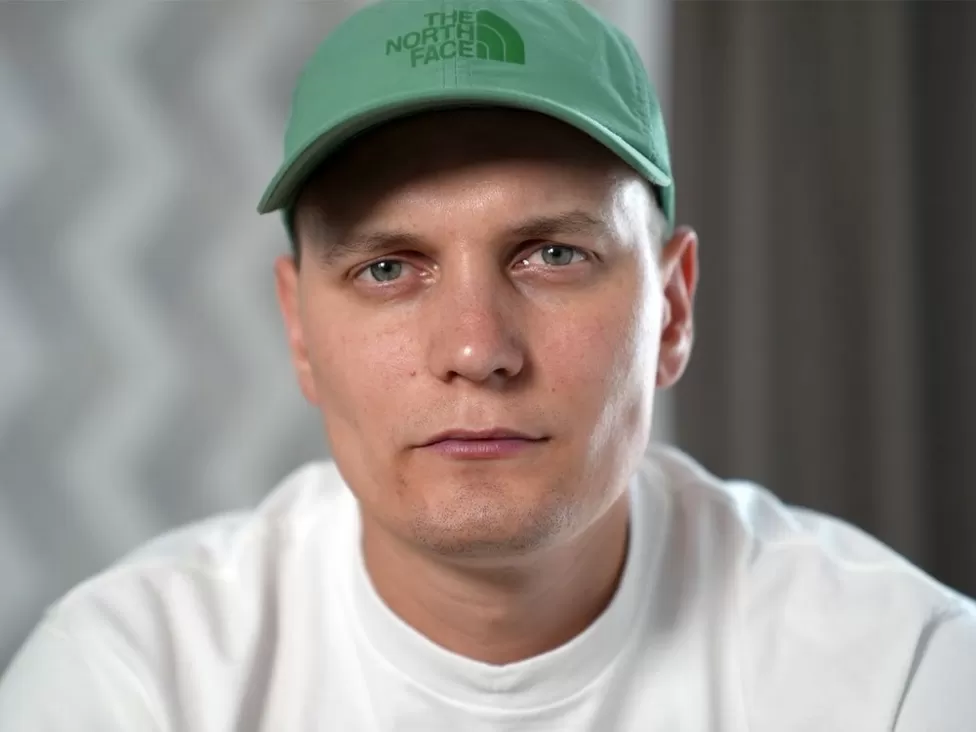Ukraine war: ‘The Russians said beatings were my re-education’

Filtration is a terrifying process Ukrainians must undergo in order to leave cities under Russian occupation. Searches are conducted on phones and social media accounts. Civilians say that anything deemed incriminating can result in beatings, and many are sent to Russia by force.
Andriy watched anxiously as Russian soldiers attempted to restore some files from his mobile phone. Andriy, a 28-year-old marketing officer, was trying to leave Mariupol. He had deleted everything he thought a Russian soldier might use against him, including text messages about Russia’s invasion of Ukraine and photos of the devastation caused by weeks of relentless shelling in his city.
In Mariupol, a once bustling port in southern Ukraine, the internet had been cut off by Russia, and Andriy had been unable to remove some of his social media posts. When the Ukrainian president, Volodymyr Zelensky, gave some anti-Russian messages in the early days of the war, he remembered sharing them with his friends.
“I’m screwed,” he thought to himself.
It was already clear that the soldiers were focused on him, Andriy said. One of the Russians noticed his beard when he first joined the queues for filtration in Bezimenne, a village east of Mariupol, in early May. Andriy said the soldier immediately assumed he was a fighter with the Azov regiment, an ex-militia in the city with links to the right.
Andriy was asked, “Are you and your brigade killing our guys?”. Although he replied that he had never served in the army, he began working immediately after graduating, “they didn’t want to hear that”.
During their search of his phone, the soldiers inquired about his political views and his opinion of Zelensky. One of the soldiers asked Andrii what he meant by Zelensky being “ok.” Andriy replied cautiously, “Okay.” According to Andriy, Zelensky is just another president, not much different from those before, and not very interested in politics. I think you should just say that you’re not interested in politics,” the soldier replied.
Andriy was told to wait outside while they kept his phone. The document allowing them to leave had already been given to his grandmother, mother, and aunt, who had already arrived with him. In a few minutes, Andriy was instructed to go to a tent where members of Russia’s security service, the FSB, were conducting further checks.
A desk was occupied by five officers, three of whom were wearing balaclavas. Using a video Andriy had shared on Instagram of Zelensky’s speech from 1 March, they showed him the video. There was a caption written by Andriy: “A president we can be proud of. Go home with your warship!” One of the officers led the way. Andriy recalled being told, “You claimed you were neutral on politics, but you are supporting the Nazi government.” The man hit him in the throat before starting the beating.
